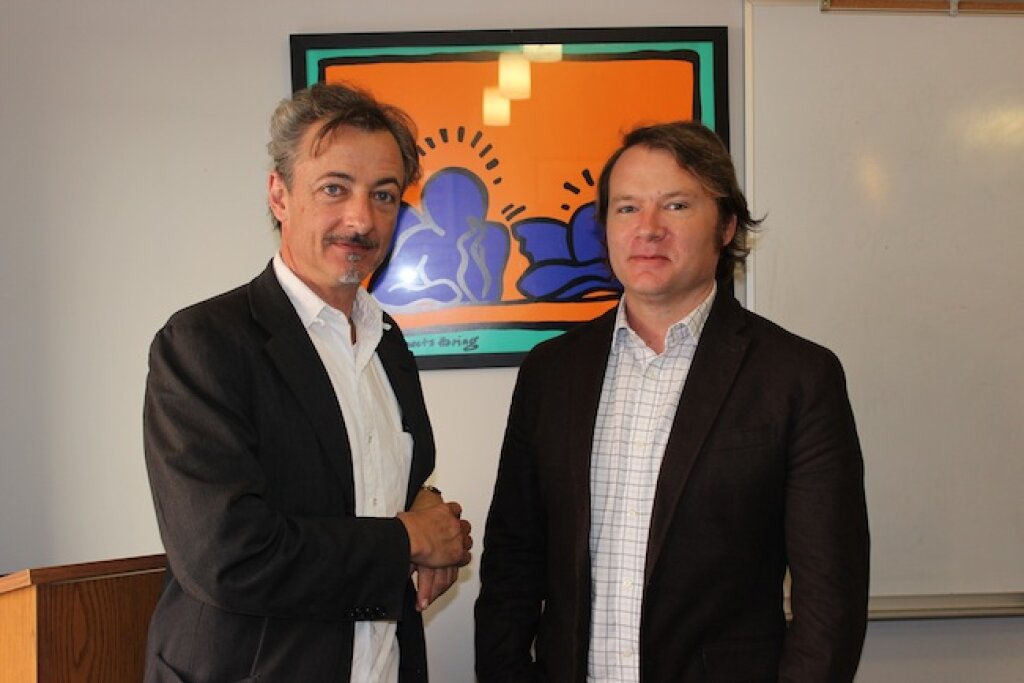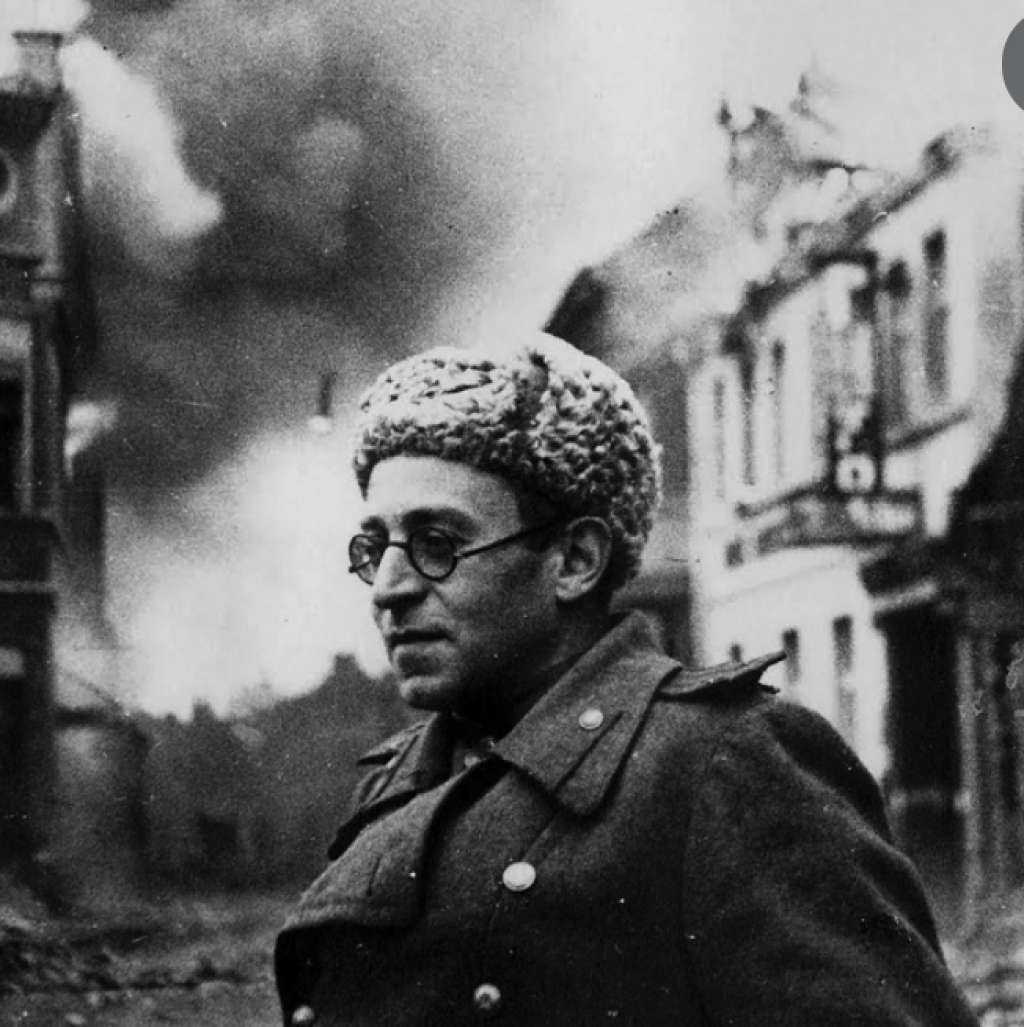Robert Crews of Stanford University joined the Jordan Center on Thursday, October 17th for a discussion about his extensive research regarding Islamic engagement with the Russian Imperial state.
“Empire is never really a binary relationship,” he explained. “The story of colonialism is much more complicated.” Crews explained that the aim of his research was to go beyond what is already known about official Tsarist policy toward Islam. To achieve this, Crews focused on average people and the role of the family, because he explained, “there are also day-to-day lives that go beyond elite circles."
“I didn’t imagine I’d be doing women’s history and gender history,” Crews explained. “But that’s what sources led me to.” He admitted there were formidable challenges to looking beyond clerical elites in order to focus on the everyday lives of average people, “because most artifacts are produced by elite men.” However, Crews uncovered a variety of other primary sources that provided a window into the world beyond the elite, such as autobiographies written by artisans, and village records.
Crews proposed one particular implication of his research as expanding Russian history to a narrative that is more open. “What is ‘Russian history’ if many of its populations are globally connected?” Crews asked. However this historiographical reassessment of Imperial Russia elicited some criticism. Crews attributed this to reluctance among some scholars to bridge existing fields. “If you read beyond a bounded area, you do make yourself vulnerable.”
Crews also acknowledged that criticism of his work might have come out of his holding back on explicating multiple examples to back up his claims. However Crews said this was a result of his aim to write something that was readable. “One of the symptoms of dissertation writing is repetition,” he explained. “Some readers will see that, their eyes will glaze over, and the thread will be lost.” Crews said that even as a PhD student he decided that his ideal reader is “not necessarily a fellow graduate student, not my advisor,” but rather an intelligent someone who wants to know more about the subject. He said this was important to him not only as a way of achieving a wider readership, but also because “we’re out to capture the humanity of our subjects” and this is something that can only be achieved “with clarity and the right kind of human touch.”
Crews also went on to discuss his new research focus, examining Afghanistan beyond the “security-based understanding of what’s happening there.” He said he wants to put forth an consideration of Afghanistan that goes beyond “the idea that their politics can only be tribal, corrupt, clientelist.”
Crews’ latest article, “Trafficking in Evil? The Global Arms Trade and the Politics of Disorder,” will appear in the upcoming book Global Muslims in the Age of Steam and Print.
photo: from left, Yanni Kotsonis, Director of the Jordan Center; Robert Crews.



